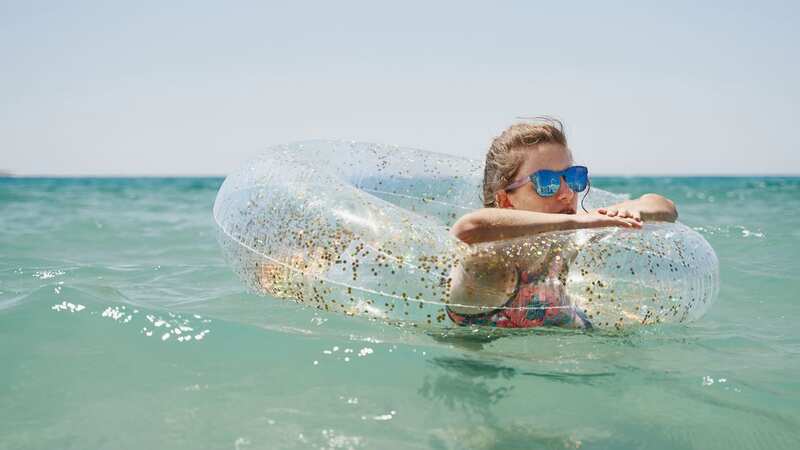'Piranha-style' attacks rock holiday hotspot - with teeth wounds left on skin

Holidaymakers in Benidorm have been alerted to "piranhas-style" fish attacks in the very warm sea.
More than 15 people a day are seeking first aid treatment on Alicante's beaches after being bitten by fearless "obladas" who are said to be attracted by moles, warts or small wounds on the skin, especially in older people. They are drawing blood and even leaving teeth wounds on arms, legs and backs.
In recent days, there have been several cases on the famous Poniente beach in Benidorm, says Spanish newspaper Informacion.es. Experts say that due to the very warm weather, the temperature of the sea is much higher than normal and the metabolism of the fish has increased. They are therefore seeking more food.
The Climatology Laboratory of the University of Alicante says the sea temperature is between 29 and 30 degrees. The Institute of Coastal Ecology has been aware of this new phenomenon for several years as it was reported to the Alicante rescue and first aid service in mid-August 2017.
The oblada melanura, scientific name of the most aggressive species this summer, is more typical of Tabarca, which tourists feed in the port. However, this year they are moving much closer to the shoreline. The attacked bathers say the fish have a black spot on their tail. They are about 30cms in length.
 Mystery as hundreds of tiny fish wash up dead on UK beach leaving locals baffled
Mystery as hundreds of tiny fish wash up dead on UK beach leaving locals baffled
"This is a fish used to being fed. There may be a high population density and they do not run away from people, hence they peck at the wounds (meat smell)," said a spokesman from the Department of Marine Species.
Swimmers are being advised not to go in the sea with ornaments and jewellery that shine because they can lead to attacks from species such as pomfrets, golfer fish or bluefish. Other Spanish resorts have also reported similar attacks in previous years, including those across the Costa Brava and in Catalonia.
Read more similar news:
Comments:
comments powered by Disqus

































